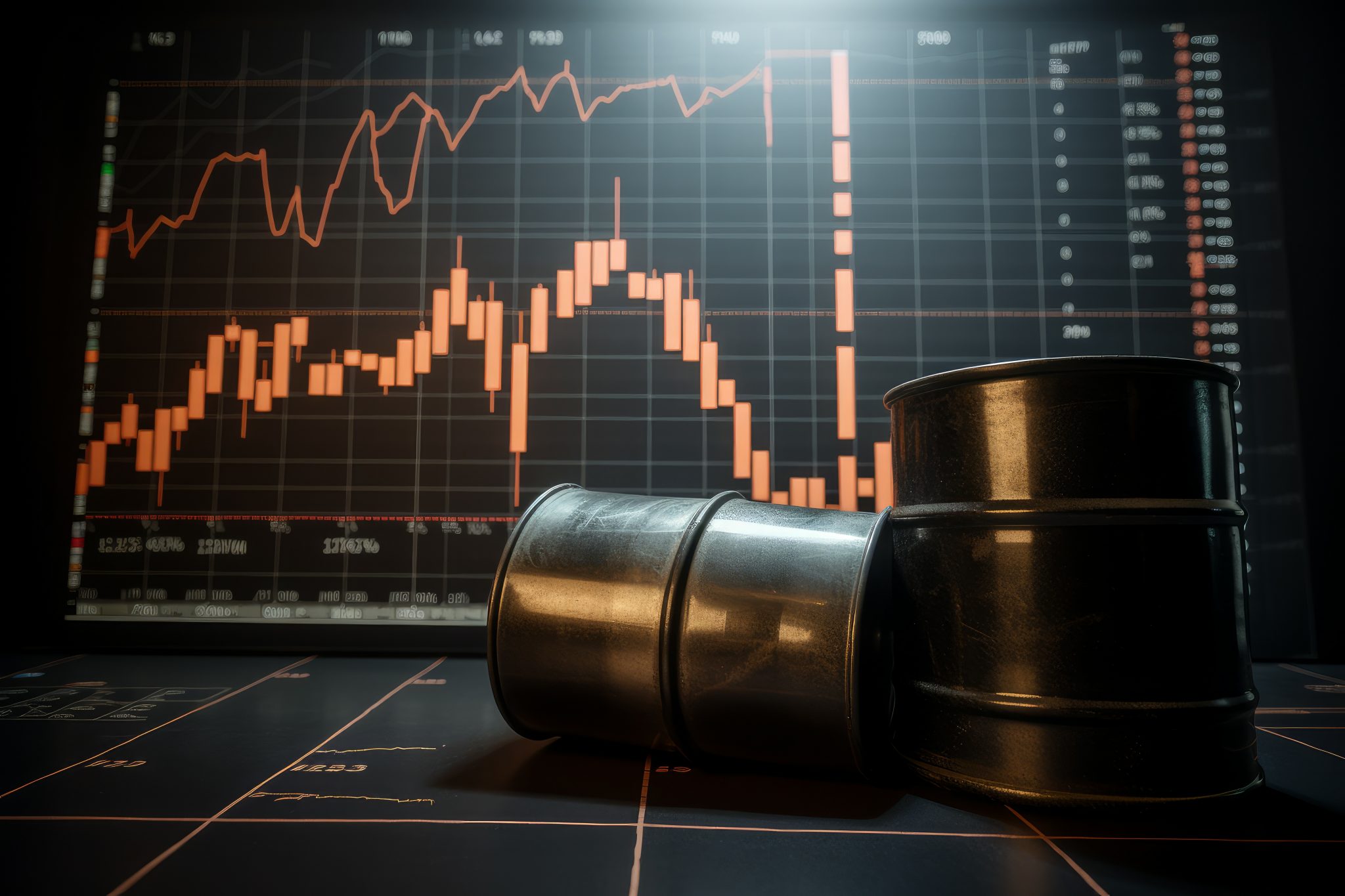
Saudi Arabia to Prioritize Non-Oil Sectors in $1 Trillion Investment Plan
Saudi Arabia is set to direct to its oil industry a smaller portion of its $1-trillion strategic investments than previously estimated, Goldman Sachs said in a report this week.
The capex plan through 2030 of the world’s top crude oil exporter will see a “capex super-cycle” with $1 trillion worth of investments across six strategic sectors by 2030.
“But the oil industry is likely to receive a smaller portion of this than previously forecast,” analysts at Goldman Sachs wrote.
Saudi Arabia will spend about 73% of its planned capex on non-oil sectors, up from an earlier forecast of 66% of investments in non-oil activities, Faisal AlAzmeh, who heads CEEMEA equity research and covers natural resources, chemicals, and infrastructure in the Middle East, writes in his team’s report.
Under a directive from Saudi Arabia’s energy ministry, capex in the oil sector is likely to shrink by $40 billion between 2024 and 2028, Goldman Sachs noted.
However, natural gas continues to be “a key contributor to the country’s decarbonization, economic development, and diversification plans,” AlAzmeh writes.
Saudi Arabia will face a set of challenges in finding the money to cover what Goldman’s analysts called the “capex super-cycle.”
The Saudi liquidity situation remains tight, per the latest banking system data for May 2024 cited by Goldman.
The Wall Street bank’s analysts have estimated that the Kingdom will have an estimated $25 billion-per-year funding gap for its capex projects.
So, “Saudi Arabia will have to tap alternative sources of financing,” according to Goldman Sachs Research.
Saudi Arabia’s gross domestic product contracted again in the second quarter compared to year-ago levels, pushed down by an 8.5% dip in oil activities as the Kingdom is cutting oil production as part of the OPEC+ agreement and additional voluntary output curbs.
“With oil prices remaining in the $80-$85 range and production down to 9 million barrels per day, Saudi Arabia is experiencing a modest rise in pressure on the government’s budget,” Goldman Sachs said.
By: Oilprice / August 20, 2024
Saudi Arabia is set to direct to its oil industry a smaller portion of its $1-trillion strategic investments than previously estimated, Goldman Sachs said in a report this week.
The capex plan through 2030 of the world’s top crude oil exporter will see a “capex super-cycle” with $1 trillion worth of investments across six strategic sectors by 2030.
“But the oil industry is likely to receive a smaller portion of this than previously forecast,” analysts at Goldman Sachs wrote.
Saudi Arabia will spend about 73% of its planned capex on non-oil sectors, up from an earlier forecast of 66% of investments in non-oil activities, Faisal AlAzmeh, who heads CEEMEA equity research and covers natural resources, chemicals, and infrastructure in the Middle East, writes in his team’s report.
Under a directive from Saudi Arabia’s energy ministry, capex in the oil sector is likely to shrink by $40 billion between 2024 and 2028, Goldman Sachs noted.
However, natural gas continues to be “a key contributor to the country’s decarbonization, economic development, and diversification plans,” AlAzmeh writes.
Saudi Arabia will face a set of challenges in finding the money to cover what Goldman’s analysts called the “capex super-cycle.”
The Saudi liquidity situation remains tight, per the latest banking system data for May 2024 cited by Goldman.
The Wall Street bank’s analysts have estimated that the Kingdom will have an estimated $25 billion-per-year funding gap for its capex projects.
So, “Saudi Arabia will have to tap alternative sources of financing,” according to Goldman Sachs Research.
Saudi Arabia’s gross domestic product contracted again in the second quarter compared to year-ago levels, pushed down by an 8.5% dip in oil activities as the Kingdom is cutting oil production as part of the OPEC+ agreement and additional voluntary output curbs.
“With oil prices remaining in the $80-$85 range and production down to 9 million barrels per day, Saudi Arabia is experiencing a modest rise in pressure on the government’s budget,” Goldman Sachs said.
